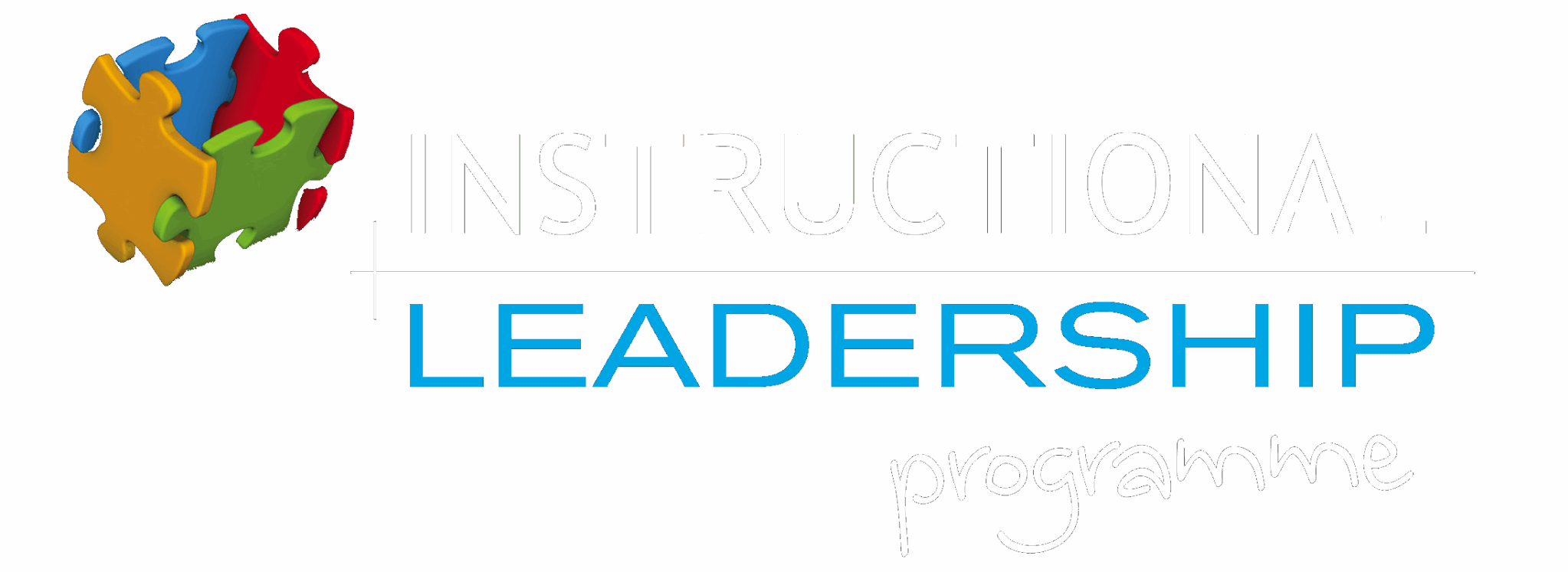The Instructional Leadership Programme
A professional learning programme with a specific focus on pedagogy:
An instructional leadership mindset includes an intense moral purpose focused on promoting deep student learning, professional inquiry, trusting relationships and seeking evidence in action (Timperley, 2011).
The ILP was first introduced in Ireland by renowned author and educationalist Prof Barrie Bennett, Ontario Institute for Studies at the University of Toronto. Barrie’s work with teachers has had profound effect on teacher and ultimately student learning across Ireland.
‘’My experience of IL has grown throughout the sessions but my biggest take from it is that I will first think, in every situation I find myself in, about the promotion of a safe and positive learning atmosphere. The importance of this to every student and myself as a teacher will underpin everything in my classroom’’ (Post-primary Teacher)
‘’It is easy to spot graduates of the IL programme!’’ (DP, Post-Primary)
‘‘This was the best Summer Course I have ever done. It has inspired me to want to become a better teacher and I now have the toolkit to do so” (Primary Teacher).
Hugely beneficial to teaching & learning allowing time to embed practices into the classroom. Professional conversations very empowering as a reflective tool. Delighted to have built up a collaborative network (Post-Primary Teacher).
Prof Bennett worked with ETBI in the design and delivery of the Instructional Leadrship Programme between 2008 – 2024, taking 15 Cohorts (approx. 1,700 teacher) to graduate level of the programme. Barrie characterises as a “tragic flaw” the notion that our deep knowledge and passion for our subject is all that we need to foster effective learning. Rather, it is the conscious and informed integration of skills, tactics, strategies, concepts and organisers that constitutes instructional leadership. He also argues that teachers need to move from being tacitly skilled in a limited number of instructional methods to being explicitly skilled in a higher number of instructional methods so as to increase learning and to facilitate teachers in differentiating their instruction to meet diverse students’ diverse needs.

Barrie retired from the programme in March 2024. Now, a former colleague of Barries, Dr Rebecca Saunders, has taken up the mantel in delivering the programme. Working with Barrie and another, Becky co-designed, led, facilitated and evaluated two four-year national professional learning programmes in Instructional Intelligence and leadership for teachers in Western Australia. She has worked as a teacher, senior project manager, education and training consultant and a lecturer in higher education for almost 25 years. She is currently an Assistant Professor in Education in Mary Immaculate College (MIC) Thurles. She completed her PhD in Instructional Intelligence, teacher professional learning and emotions and systemic educational change in 2016.
The ILP provides an opportunity for teachers to collaboratively and actively engage in learning. It fosters a greater awareness of how teacher actions can impact on critical factors or concepts that affect student learning, such as motivation, novelty, authenticity, safety and accountability. Specifically, it aims to support them in developing a range of interventions or teacher actions categorised as skills, tactics and strategies that impact positively on student learning in the classroom, based on extensive research into how students learn.
The ILP is a unique programme of professional learning for teachers which focuses on supporting teachers in the development of their pedagogical practice. The term teacher is used to describe senior and middle leaders and classroom/subject teachers.
Furthermore, it acquaints teachers with the extent to which learning may be affected by a range of instructional organisers such as diverse learning styles, multiple intelligences, brain research, ethnicity, gender or “at risk” environments.
Through professional and collaborative reflection, it seeks to support teachers in consciously or overtly modifying their instructional actions so as to maximise the impact on student learning.
In order to develop a greater appreciation of the potential of the ILP, it may be useful to look at each of these categories in more detail.
Instructional Skills
Skills may be classified as those instructional actions that a teacher uses to enhance learning that are not, of themselves, complex or research-based, but serve to increase the chances that more complex instructional processes are successful. Let us consider some examples. Asking questions is a skill that teachers engage in constantly. Yet research indicates that many teachers do not frame questions effectively. As Bennett argues, by choosing a respondent from a group of students who raise their hands to answer a question, the teacher can only be sure that the student who responded knew the answer and cannot be as sure about those who did not raise a hand. A more effective approach is to ask students to think about a question before discussing it with a partner. Such an approach involves every student, thus heightening accountability, while also enabling them to rehearse an answer, thus increasing safety. By choosing students randomly, having allowed them time to think, teachers can “check for understanding” (also a skill) more confidently. Other skills include allowing students appropriate wait-time as they formulate answers to questions, sharing the objective of lessons with class groups, and linking learning with students’ past experiences.
Instructional Tactics
Tactics are more powerful interventions than skills. A tactic may be defined as an action used to enrich or strengthen the application of a strategy. Examples of tactical interventions include the employment of “Think-Pair-Share” or “Brainstorming”, but a particularly powerful tactic is the employment of a graphic or visual organiser to enable students to learn. For example, the use of a Venn diagram might be thought of as traditionally the preserve of the Maths class. Yet, as a means of helping students to understand the similarities and differences between Hitler, Stalin and Mussolini in a History lesson, it can be a very effective visual device. Many different types of graphic organisers exist which can be applied to various subject areas and enable students to go beyond text or notes-based resources to learn effectively.
Instructional Strategies
Strategies represent the most powerful and complex teacher-led intervention in the classroom. While skills drive tactics, skills and tactics together drive strategies. Strategies are usually grounded in theory and research and involve a number of related steps. Examples include co-operative learning/ groupwork, concept attainment and team teaching. It is instructive to observe that while many teachers try to incorporate a form of groupwork into their lessons, Bennett observes that teachers should be aware that there is extensive research into the effectiveness of groupwork that suggests that the strategy can be counter-productive if applied wrongly. He cites the work of brothers Roger and David Johnson of the University of Minnesota who have devoted many years to the theme of co-operative learning.
Instructional Concepts
Bennet contends that tactics, skills and strategies constitute what teachers “do” in the classroom. Concepts and organisers cannot be done, but by bearing them in mind and understanding their importance, teachers can do things to make them come alive. Let us consider the notion of concepts first. Concepts may be defined as “lenses” that enable teachers to understand how, when and where to apply and integrate skills, tactics and strategies. For instance, when teachers frame questions effectively (skill) and use tactics such as “Think-pair share”, they are invoking such concepts as student accountability and safety. When teachers take time to relate the learning to students’ experiences (skill), they are helping to make the students’ learning more novel and authentic, as well as promoting student motivation.
Instructional Organisers
Organisers are frameworks or bodies of research that assist teachers in organising an array of skills, tactics and strategies into a coherent set of teaching methods. They are the lenses that clarify or enhance thought about how we instruct. Organisers increase teacher wisdom about the teaching and learning process, based on the needs and inclinations of the learner. For example, by appealing to students’ intelligences other than the traditional logical-mathematical and linguistic, teachers can devise tactics and strategies that can powerfully influence student learning. Similarly, emerging research on the human brain and on diverse learning styles can also inform approaches to more effective instructional practices.
Interested in participating?
The programme is available to post-primary and FE teachers, and more recently, to primary teachers as a DE approved summer course. If you are interested in participating or want more information contact [email protected]
